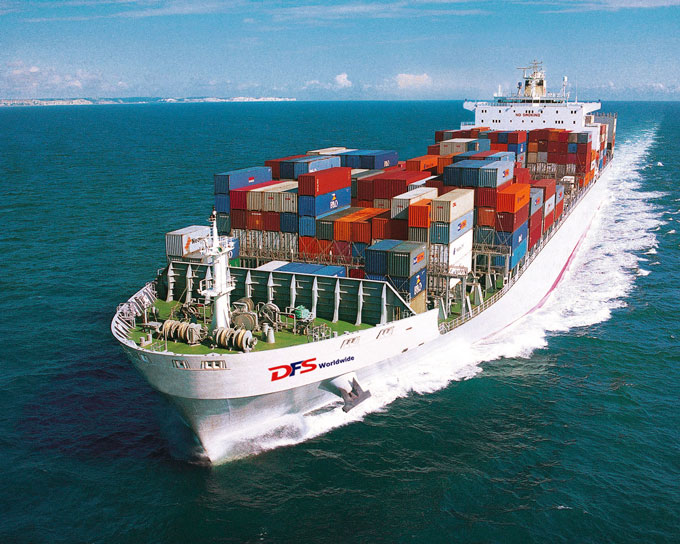In today's fast-paced and interconnected world, logistics plays a pivotal role in ensuring the smooth flow of goods and services. As businesses strive to optimize their supply chains, one key factor that cannot be overlooked is cost. In this forum post, we will delve into the importance of cost in logistics, exploring its impact on efficiency, profitability, and overall business success.
- Enhancing Efficiency:
Cost management is a critical aspect of logistics as it directly impacts operational efficiency. By carefully analyzing and controlling costs, businesses can identify areas of inefficiency and implement strategies to streamline processes. For instance, evaluating transportation costs can lead to the selection of more cost-effective routes or modes of transportation, reducing delivery times and enhancing customer satisfaction. - Maximizing Profitability:
Cost optimization in logistics directly contributes to maximizing profitability. By minimizing expenses associated with transportation, warehousing, inventory management, and other logistical activities, businesses can allocate resources more effectively. This allows for increased investment in research and development, marketing, and other areas that drive growth and competitiveness. - Competitive Advantage:
In today's highly competitive market, cost management in logistics can provide a significant competitive advantage. By reducing costs, businesses can offer more competitive pricing to customers, attracting a larger customer base and increasing market share. Moreover, efficient cost management enables businesses to adapt to market fluctuations, ensuring sustainability and resilience in the face of economic challenges. - Supply Chain Collaboration:
Cost considerations in logistics extend beyond individual businesses. Collaborative efforts among supply chain partners can lead to cost optimization on a broader scale. By sharing information, coordinating activities, and jointly negotiating with suppliers, businesses can achieve economies of scale, reduce redundant processes, and ultimately lower costs for all parties involved. - Customer Satisfaction:
Cost management in logistics also has a direct impact on customer satisfaction. By optimizing costs, businesses can offer competitive pricing, timely deliveries, and superior service quality. This not only enhances customer loyalty but also generates positive word-of-mouth, attracting new customers and fostering long-term relationships.
Conclusion:
In conclusion, cost management is of paramount importance in logistics. By focusing on cost optimization, businesses can enhance efficiency, maximize profitability, gain a competitive advantage, foster supply chain collaboration, and ultimately satisfy customers. In an ever-evolving business landscape, understanding and effectively managing costs in logistics is crucial for long-term success and growth.



